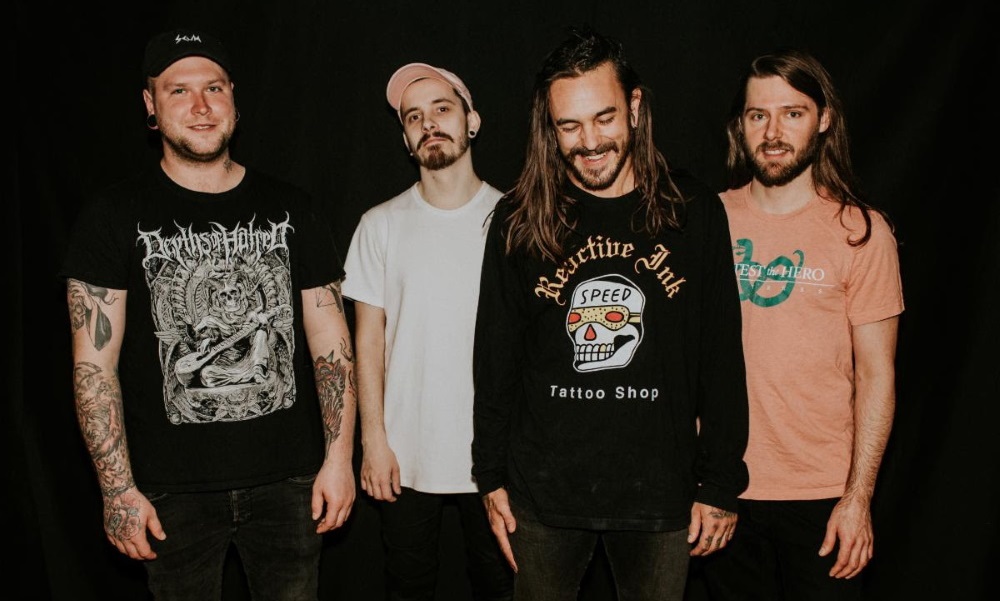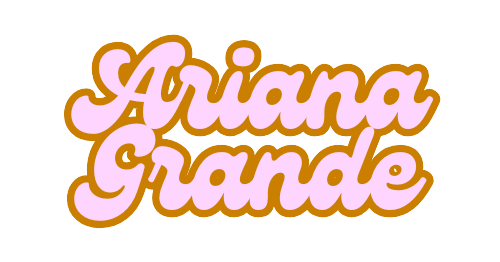
How Vultures Are Portrayed in Mythology and Folklore
Vultures, often viewed as symbols of death and decay, have elicited a wide array of reactions in human cultures around the world. Instead of being mere scavengers, these birds hold significant places in various mythologies and folklore. Across different cultures, vultures are depicted differently—in some they are revered as sacred creatures, while in others, they are seen as harbingers of ill fate. This blog will explore the multifaceted representations of vultures in mythology and folklore, as well as how modern interpretations have led to unique merchandise like Vultures Official Merch.
Ancient Civilizations and the Sacred Vulture
In ancient Egypt, vultures were not just associated with death but were also revered as symbols of motherhood and protection. The goddess Nekhbet, often depicted as a vulture, was the protector of Upper Egypt and represented nurturing and care. This complex relationship illustrates how vultures were respected and even seen as divine embodiments of safeguarding. The juxtaposition of death and life in their portrayal emphasized the cycle of nature, evoking respect rather than fear. The vulture’s role as a scavenger was vital for the ecosystem, as it prevented disease and contributed to environmental balance. Thus, in this context, the vulture was celebrated rather than demonized.
Vultures in Greco-Roman Mythology
In Greco-Roman mythology, the portrayal of vultures was quite different. They were often associated with war and destruction, believed to follow armies into battle to feed on the dead. The Greeks saw vultures as omens, often foretelling the outcome of conflicts. In various tales, these birds were said to be attracted to bloodshed and carnage, reinforcing the idea of their association with death. However, they also served a critical role in the natural order, both in decomposition and in the spiritual journey of souls passing from life to the afterlife. This duality reflects how societies can view vultures both as vital components of the ecosystem and negative symbols of destruction.
Folklore and Cultural Symbolism
Various cultures have incorporated vultures into their folklore, providing rich narratives that explore the bird's symbolic significance. In Native American cultures, for instance, vultures are sometimes seen as symbols of transformation and healing. Their ability to consume carrion represents renewal and the cycle of life and death, illustrating the interconnectedness of all living beings. Contrastingly, in some African traditions, vultures are viewed ominously, associated with witchcraft and malevolent forces. These differing portrayals illuminate how cultural contexts can shape perceptions of the same animal, highlighting the rich tapestry of beliefs and values that characterize human society.
Modern Interpretations and Vultures Official Merch
In contemporary contexts, vultures have found their way into various forms of art, fashion, and merchandise, including what is offered through Vultures Official Merch. The rising interest in environmentalism and the essential roles that scavengers play in ecosystems has transformed the perception of vultures from mere symbols of death to icons of resilience and ecological wisdom. Such merchandise often features artistic representations of vultures, showcasing their beauty and vital ecological role rather than their association with death. By embracing vultures in popular culture, these perceptions are challenged and redefined, making way for a deeper understanding of biodiversity and conservation.









